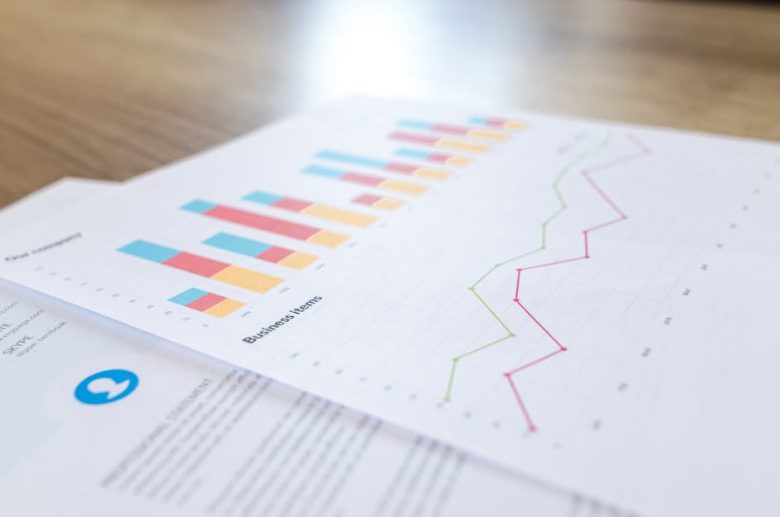In today’s fast-paced world, convenience is king. With just a few clicks, we can order food, shop for clothes, and even find a ride across town. This unprecedented ease of access has transformed our daily lives, allowing us to save precious time and energy. However, beneath this glossy surface of convenience lies a complex web of hidden costs that can significantly impact our health, relationships, and overall well-being.
As we embrace convenience, we often overlook its potential downsides. The allure of instant gratification can lead to a sedentary lifestyle, increased stress levels, and diminished social interactions. While the convenience of technology and services offers undeniable benefits, it also raises critical questions about what we might be sacrificing in the process. Are we trading our physical health for the ease of delivery? Are our relationships suffering because we prefer screens over face-to-face conversations?
One of the most significant hidden costs of convenience is its impact on our physical health. With the rise of food delivery apps, many people have swapped home-cooked meals for processed takeout options. While it’s tempting to indulge in the ease of ordering a meal at the touch of a button, this often results in poor dietary choices. Studies show that frequent consumption of fast food and processed meals can lead to obesity, heart disease, and diabetes. The convenience of a quick meal can lead to a life-threatening health crisis, leaving us to wonder if the trade-off is worth it.
In addition to physical health, convenience can erode our mental well-being. The constant barrage of notifications from social media and messaging apps can create a sense of urgency that heightens anxiety and stress. Rather than enjoying the present moment, we often find ourselves glued to our screens, feeling the pressure to stay connected and updated. This digital distraction can lead to mental fatigue, a decline in focus, and an overall decrease in life satisfaction. The very tools designed to make our lives easier may be contributing to a growing mental health crisis.
Furthermore, convenience can take a toll on our relationships. The rise of online communication has made it easier than ever to stay in touch with friends and family; however, it has also led to a decline in meaningful interactions. Many people now prefer texting over face-to-face conversations, leading to a lack of emotional connection. The depth of human relationships often thrives on personal interactions, where body language and tone play crucial roles. By opting for convenience, we may inadvertently be sacrificing the richness of our connections, leaving us feeling isolated and lonely.
Despite these concerning trends, there is hope. Awareness of the hidden costs of convenience can empower individuals to make more informed choices. By consciously opting for healthier food options, setting boundaries with technology, and prioritizing quality time with loved ones, we can reclaim our well-being. Simple changes, like cooking at home or scheduling regular family dinners, can foster a healthier lifestyle and strengthen relationships.
In conclusion, while convenience undoubtedly offers a host of advantages in our busy lives, it’s essential to remain vigilant about its hidden costs. By recognizing the potential dangers that come with our reliance on convenience, we can take proactive steps to protect our health and nurture our relationships. Embracing a more balanced approach can lead to a fuller, richer life—one that values both ease and the deeper connections that truly nourish us. Let us strive to find harmony between convenience and well-being, ensuring that we do not lose sight of what truly matters.



